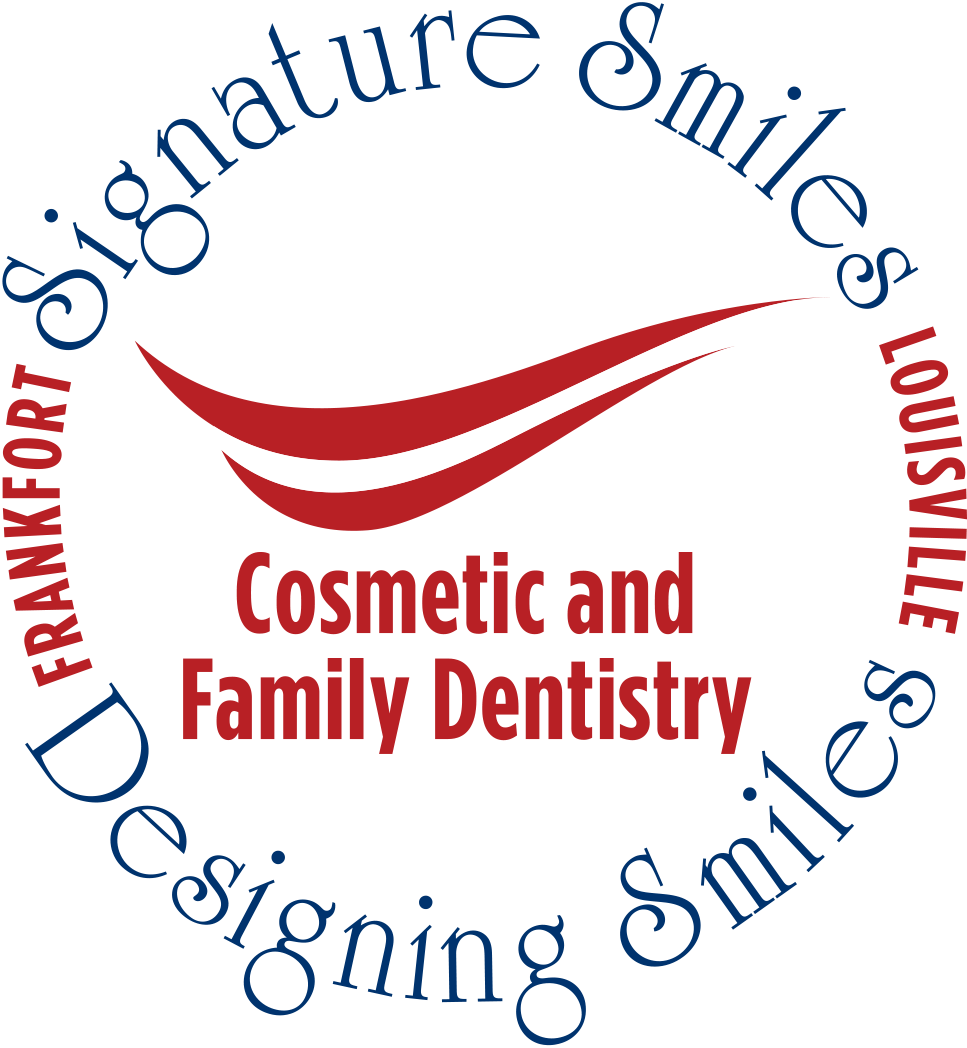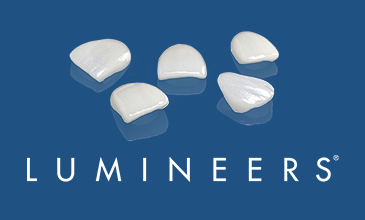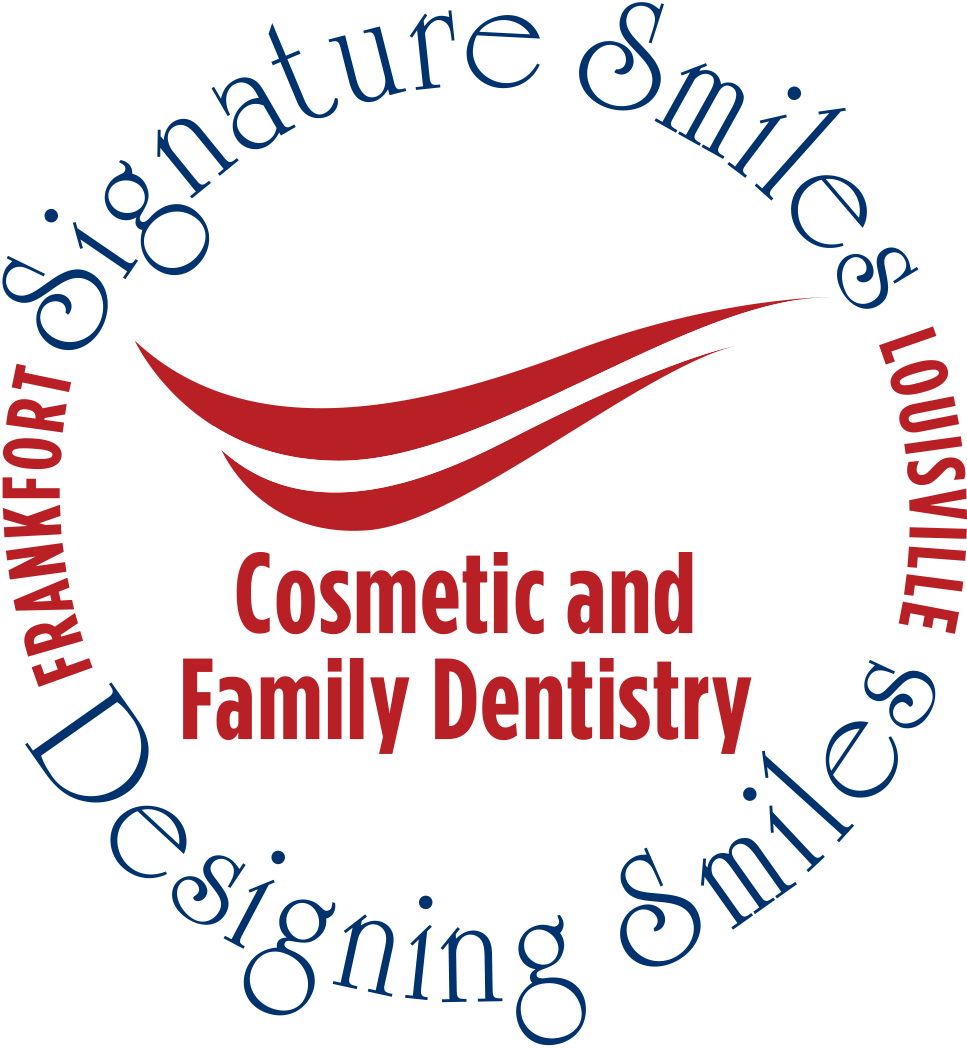When it comes to dental health, few procedures spark as much anxiety as root canal treatment. Many people envision a lengthy and painful process, but the truth is that this vital therapy can save your tooth and alleviate discomfort. However, after undergoing root canal treatment in Louisville, KY & Frankfort, KY, there’s an essential step you shouldn’t overlook: getting a dental crown.
Dental crowns play a crucial role in protecting the integrity of your tooth post-treatment. They offer strength and resilience while restoring function and aesthetics. If you're wondering why these caps are often necessary following root canal therapy or what the procedure involves, keep reading to discover how crowns can help maintain not just your smile but also your overall oral health!
What is Root Canal Therapy?
Root canal therapy is a dental procedure designed to treat infection or damage within the tooth pulp. This inner tissue contains nerves, blood vessels, and connective fibers that support the health of your teeth.
When a tooth becomes infected due to decay or injury, it can lead to severe pain and complications if left untreated. Root canal therapy addresses this issue by removing the compromised pulp.
During the procedure, dentists clean out the infected area and then seal it to prevent further problems. Many patients fear root canals because of myths surrounding them; however, they are often less painful than anticipated.
After treatment, it's common for additional restorative measures like dental crowns to be necessary. Crowns help protect and restore function to teeth that have undergone such invasive procedures.
Reasons Why Dental Crowns are Often Needed After Root Canal Therapy
- After undergoing root canal therapy, the tooth may lose a significant amount of its structure. This can weaken it considerably, making it vulnerable to fractures or breaks. A dental crown acts as a protective cap that reinforces the tooth.
- Infections are another concern post-treatment. Although root canals aim to eliminate infection, bacteria can sometimes linger. Crowns help seal the tooth and reduce any risk of reinfection.
- Additionally, many patients experience sensitivity after treatment. The placement of a crown can alleviate discomfort by providing stability and support to the affected area.
- Aesthetic considerations also play a role in needing crowns. Root canal therapy can change the appearance of teeth due to discoloration or damage, making crowns an ideal solution for restoring natural beauty while ensuring functionality.
How the Procedure Works
The procedure for placing a dental crown after root canal therapy begins once the infected pulp is removed. After this, your dentist will prepare the tooth to accommodate the crown.
First, they reshape the tooth by filing down its outer structure. This creates a stable base for the crown to fit securely.
Next, impressions of your teeth are taken. These molds ensure that your custom crown matches perfectly with your bite and neighboring teeth.
While you wait for the permanent crown, a temporary one may be placed to protect the treated tooth. This allows you to maintain functionality while ensuring comfort until your next visit.
Once ready, your dentist will carefully cement the new crown in place. Adjustments might be made to guarantee it feels just right against adjacent teeth and fits comfortably within your mouth. Contact us to learn more.
Types of Dental Crowns Used After Root Canal Therapy
When it comes to dental crowns after root canal therapy, several materials are available, each with unique benefits.
- Porcelain crowns are popular for their natural appearance. They blend seamlessly with surrounding teeth, making them ideal for visible areas.
- Metal crowns offer excellent durability and strength. Often made from gold or other alloys, they withstand significant pressure but may not match the color of natural teeth.
- Ceramic crowns provide a balanced option. They mimic tooth color while still offering good strength. This makes them suitable for both front and back teeth.
- Resin crowns might be less common but offer a budget-friendly choice. While they wear down faster than other materials, they can be customized well to match your smile.
Choosing the right crown depends on various factors like location in the mouth and personal preferences regarding aesthetics and longevity. Consult your dentist to determine which type aligns best with your needs.
Caring for Your Dental Crown and Maintaining Oral Health
Taking care of your dental crown is essential for its longevity.
- Start with a good oral hygiene routine. Brush at least twice a day and floss daily to keep plaque at bay.
- Regular dental visits are crucial as well. Your dentist can monitor the condition of your crown and surrounding teeth, ensuring everything remains healthy.
- Avoid hard foods that could potentially damage your crown. Chewing ice or hard candy may lead to chips or cracks over time.
- If you notice any discomfort around the crowned tooth, don’t hesitate to reach out to your dentist. Early intervention can prevent further complications.
- Remember that maintaining overall oral health contributes significantly to the lifespan of your dental restoration. Staying hydrated and following a balanced diet also play a vital role in supporting both crowns and natural teeth alike.
Conclusion
Dental crowns play a vital role in restoring the functionality and aesthetics of teeth that have undergone root canal therapy. After such treatment, your tooth often needs additional protection. This is where dental crowns come in, providing strength while preserving the natural appearance of your smile.
Understanding both procedures can help you make informed decisions about your oral health. With options available, from porcelain to metal crowns, there’s something for everyone based on individual needs and preferences.
Caring for your crown is equally essential as it ensures longevity and maintains overall dental health. Regular dental check-ups will also contribute significantly to how well your restoration holds up over time.
If you're considering or have recently undergone root canal treatment in Louisville, KY & Frankfort, KY, it's wise to speak with your dentist about the best crown option tailored specifically for you. Your smile deserves the best care possible!




